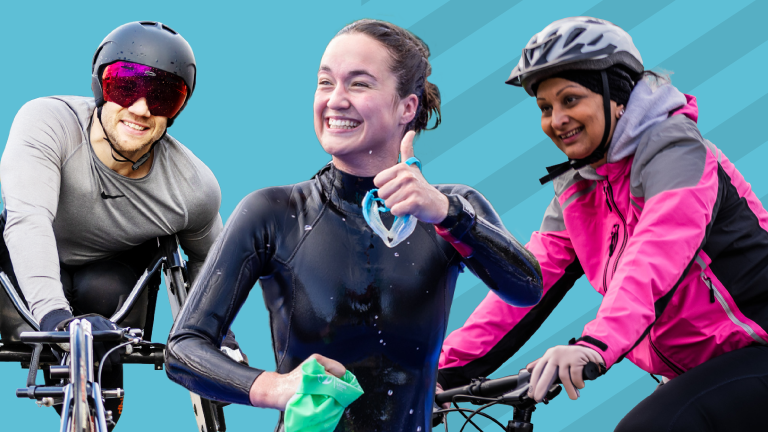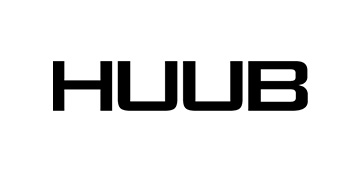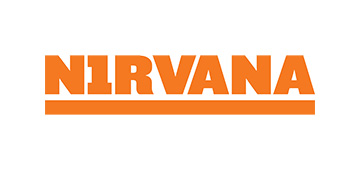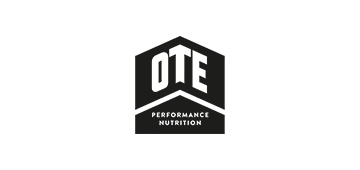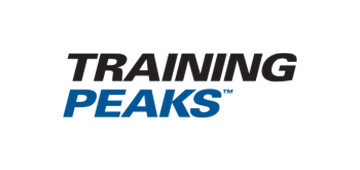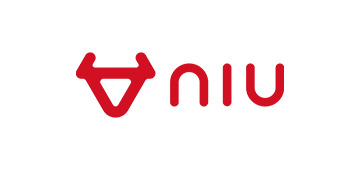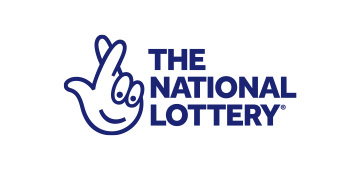Sports Nutrition is More than a Marginal Gain
As the training starts to ramp up, have you stopped to consider the impact it is having on your body?
Sports nutrition is not just about boosting performance, or recovery to allow you to train again the following day. Have you considered the effect of heavy training regimes on your digestive and immune systems and how your nutrition regime could help?
Impact of Long Term Intense Exercise
Moderate exercise actually improves immunity, but long term intense regimes for the likes of marathons and triathlons increases susceptibility of athletes to infection by depressing immune cell production. Heavy exercise increases the level of stress hormones produced – cortisol and adrenaline. These hormones raise blood pressure, elevate cholesterol levels, temporarily weaken the immune system and cause the depletion of key nutrients.
Dangers to the Gut
Then you have long term use of sugary energy drinks, gels, energy bars, too much protein and athletes consuming the wrong foods in a bid to get the calories in, which along with the stress of the exercise itself compromises the integrity of the gut flora.
Good bacteria gets wiped out and bad bacteria takes over the digestive tract, and this leads to poor digestive health with symptoms such as bloating, wind, constipation, diarrhoea or stomach cramps and poor absorption of key nutrients.
Protect Your Immune and Digestive Systems
Did you know that 80% of your immune system is based in your gut? If you are not eating well or you are suffering with these sorts of symptoms, then your immune system will be compromised.
It is food and the nutrients in the food and supplementation you are using that are going to allow you to keep going and keep going – to protect your body systems. Chemical reactions that allow our bodies to perform at their optimal levels are all fuelled by nutrients from food. It is in the digestive tract that most of these nutrients are absorbed into our systems – if it is working correctly.
You will be depleting large amounts of nutrients through heavy exercise regimes. They need replacing. Many studies have shown that sports people do not take on board an adequate amount of vitamins and minerals through food and supplementation.
There’s quite a lot to consider here to ensure you are looking after your ‘off the bike and out of the running shoes’ nutrition, which I would suggest is even more important than your specific training and event nutrition regimes.
Some points to consider:
• Are you consuming immune boosting nutrients such as vitamins A, C, E, the B vitamins, as well as magnesium, zinc and iron?
• Have you considered that your irritable bowel syndrome symptoms might be inhibiting your performance?
• Have you thought about pre and probiotic foods and supplements to support gut health?
• Is your digestive system working optimally to allow absorption of these nutrients from your food? If not, then you will not be replacing the nutrients lost in training and compromising your performance and your health.
• Consuming sugar (even in the form of honey and orange juice) can significantly compromise the immune system. Negative effects can start within 30 minutes of consuming these foods and last up to five hours!
• Sugar also wipes out good bacteria which help to keep your digestive system healthy.
• Hayfever is an allergic reaction as a result of poor immunity and it could be a real challenge for you during the season. Speak to me for a free 10 minute consultation on managing hayfever naturally.
Protecting Your Digestive and Immune Systems
• Reduce sugar
• Eat whole foods
• Consume at least five portions of vegetables every day (yes, five portions of vegetables)
• Lots of green leafy veggies like broccoli, kale, cabbage, spinach and sprouts are high in B vitamins, which are depleted very easily during exercise
• Carotenes from bright coloured vegetables like carrots, peppers and tomatoes
• Fruit – two portions a day (too much fruit is too much sugar)
• Beans such as kidney beans, aduki beans, blacked eyed beans, butter beans are all healthy sources of protein and nutrients (not baked beans)
• Seeds and nuts – such as pumpkin seeds, sunflower seeds, pecans, cashews, almonds, walnuts are all high immune boosting nutrients
• Minimum of two litres of water a day – not including fluids taken on board during training – this helps to increase your saliva production, which contains anti-bacterial proteins that can fight off bacteria
• Good levels of sleep for rest and recovery – seven hours
• Good quality supplementation – get proper advice on what you and your body need.
Helen Barklam is a qualified nutritional therapist who works with sports clubs and athletes all over the country. Helen has consulted for GB triathletes, cyclists and runners, Premiership football clubs and Paralympic athletes, as well as amateur athletes from all different sports. Helen will hold talks at your club or webinars, where people can dial in from the comfort of their own homes, to talk about various aspects of sports nutrition to help athletes get the most out of their sport.
07917 148900
helen@helenbarklam.com
www.helenbarklam.com


